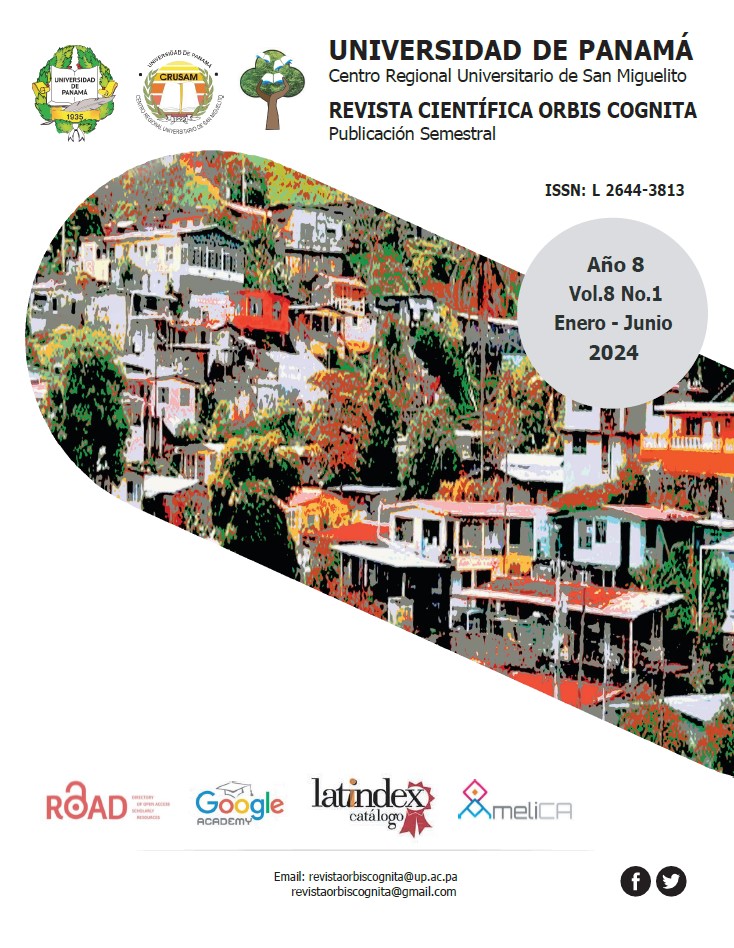

Copyright (c) 2024 Revista Científica Orbis Cógnita

This work is licensed under a Creative Commons Attribution-NonCommercial-ShareAlike 4.0 International License.
Consulting processes are related to the provision of non-standardized professional services, that is, whose characteristics or technical specifications cannot be standardized or approved; therefore, these characteristics or specifications will not become homogeneous and comparable under the same conditions. The purpose is to identify, audit, plan, prepare or evaluate development studies and projects, operating at levels of pre-feasibility, feasibility, design and/or operation. The objectives of this paper is to analyze and determine the importance of legality -as an applicable principle of Administrative Law- in the practice of public procurement, in compliance with legal provisions. For this, a methodology based on non-experimental research was improved, it is based on the observation of one or more characteristics, under a qualitative-quantitative modality because it offers a better collection of information from both modalities; qualitative, because it deals with the acquisition of non-numerical data to understand all kinds of concepts, opinions or experiences that have been lived; and, quantitative, because numerical and statistical data are collected. The results of the study showed the need to comply with the obligation to adapt the specifications and other technical instruments, to the legal provisions established by the regulations applicable to public procurement, by the National Public Procurement Service (SERCOP). This has been considered to determine that the principle of legality should be the fundamental pillar for the exercise of Administrative Law in public procurement in Ecuador, to avoid arbitrariness and abuse by the parties that are part of the agreement.